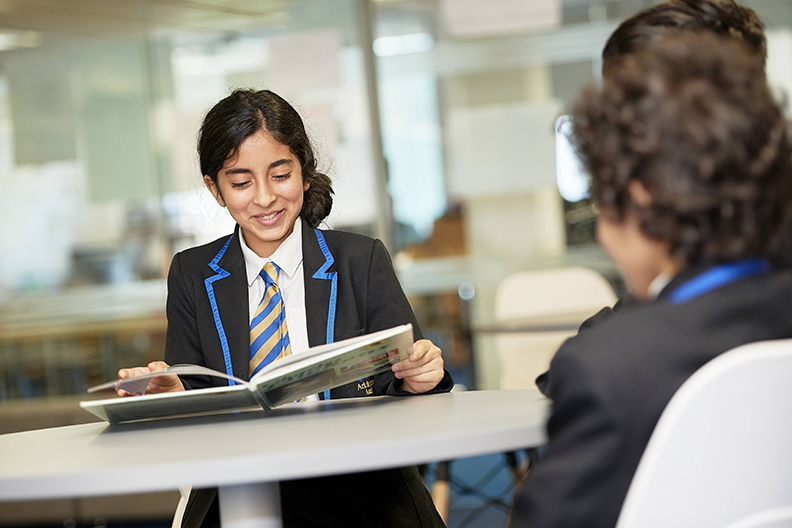
Nick Wallace, Head of Secondary English Mastery
We were absolutely thrilled to learn that the DfE are funding another Randomised Controlled Trial for English Mastery with the EEF (Education Endowment Foundation).
We are sure that English Mastery can help all students – especially those from disadvantaged backgrounds – make brilliant progress and we are extremely proud to get another opportunity to prove this with a Randomised Controlled Trial (RCT) – the ‘gold standard’ of education research.
In 2019, we were thrilled to work with the EEF on an RCT for English Mastery. During the trial, we took the tough decision to cancel outcomes measures, as we wanted to avoid placing further stress on teachers and students. This meant that we weren’t able to collect attainment data from students, and the Evaluation Report – due to be published in the summer – will only offer qualitative data gathered from teachers and school leaders.
It was disappointing not to have outcomes measures from the 2019 trial. The EEF and DfE continue to believe that English Mastery is a programme that can have a transformative impact on students’ learning and on teacher workload. We’re among a small group of projects to receive funding under the DfE’s Accelerator Fund programme, which is a real show of support for the impact English Mastery can have.
We have learned a lot since – and from – the last trial. We’ve been working continually over the past few years to improve the programme to make it even more responsive and supportive to ensure that we help schools achieve the greatest impact on their students. It’s almost impossible to list ALL of the ways we’ve tried to improve English Mastery since 2019, but these four illustrate some of the lessons we’ve learned from the 2019 trial – including around two years of implementing the programme in a Covid context:
That’s just the programme, of course. It’s also been incredible to work with colleagues from the EEF, NatCen and Sheffield Hallam University to get an understanding of what participating in educational research entails and feels like (rather than reading about it and feeding it into our programme’s design!).
We eagerly await the publication of the 2019 evaluation report. We're excited to share and discuss the impact teachers say the programme has on
And in the meantime, we’re working hard to recruit schools to participate in the new research trial. We’re looking for schools across England who share our commitment to improving outcomes in English to take part.
UPDATE: The trial has now started, and recruitment is closed. Speak to us about joining the English Mastery programme today.
Related Posts